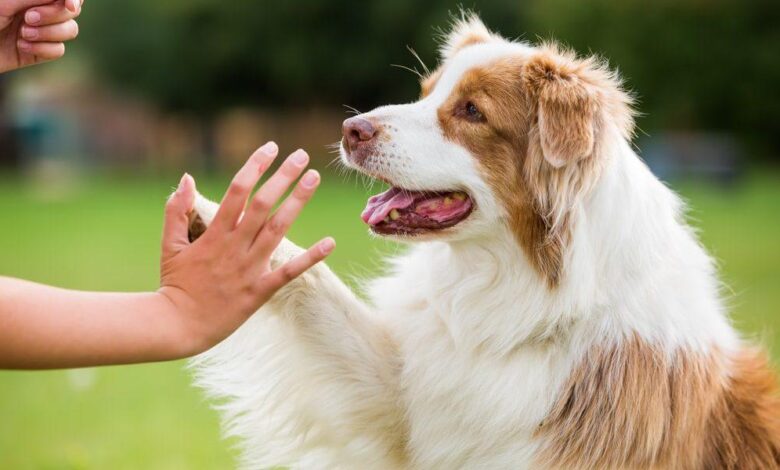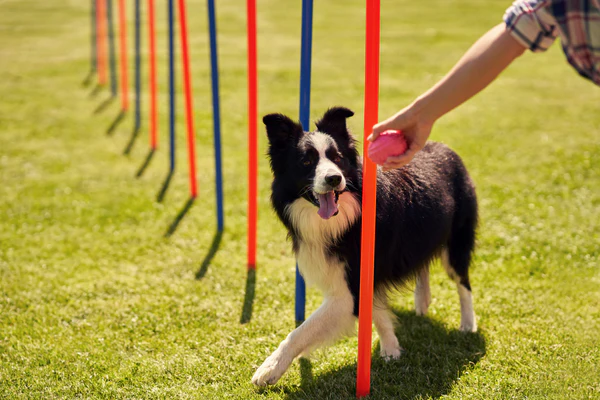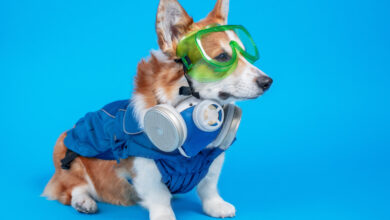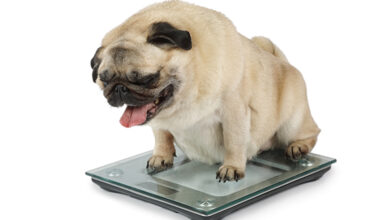Why training your puppy is essential for long-term happiness?

Training your puppy goes beyond teaching basic commands; it’s about establishing a strong foundation for your relationship. When you invest time and effort into training, you’re not just moulding behaviours – you’re creating a bond based on trust, respect, and understanding. Early training helps puppies their place in your household hierarchy. It teaches them to look to you for guidance and sets clear expectations for their behaviour. This clarity reduces stress for both your puppy, as they learn what is acceptable in their new environment.
- A key to well-rounded dogs
A crucial aspect of puppy training is socialization. Exposing your puppy to various people, animals, environments, and situations during their formative weeks (typically between 3 and 16 weeks old) helps them develop into confident, well-adjusted adult dogs. Proper socialization can prevent fear and aggression later in life, ensuring your dog is in different settings around diverse groups of people and animals. When searching for puppies for sale, inquire about early socialization efforts by the breeder or shelter. Well-socialized Maltese Puppies New Jersey will find it easier to adapt to your home and lifestyle.

- Mental stimulation and physical exercise
Training provides mental stimulation, which is as important as physical exercise for a growing dog. Training sessions challenge your puppy’s mind, helping to tire them out and reduce destructive behaviours that often stem from boredom or excess energy. This mental workout is beneficial for intelligent breeds that need regular cognitive challenges to stay happy and balanced.
- Preventing and addressing behavioral issues
The most benefit of early training is the prevention of common behavioral problems. Like excessive barking, jumping on people, pulling on the leash, and inappropriate elimination can be avoided or more easily corrected when addressed early. These behaviours, if left unchecked, are deeply ingrained habits that are much harder to change in adult dogs. Moreover, training gives you the tools to address any issues that arise as your puppy grows. You are canine body language and learning positive reinforcement techniques for your puppy’s development effectively.
- Strengthening the human-canine bond
The time spent training your puppy is an investment in your relationship. It’s an opportunity to understand better, communicate, and build mutual trust. As you work together, you’ll discover your puppy’s unique traits, preferences, and learning styles. This deeper understanding fosters a stronger emotional connection and enhances the joy of pet ownership.
Training sessions also provide quality one-on-one time with your puppy, which is crucial for bonding. These interactions help your puppy see you as a source of fun, rewards, and guidance, strengthening your role as their leader and companion.
The effects of proper puppy training extend beyond your home. A well-behaved dog is a pleasure for others to be around, and social interactions are enjoyable for everyone. It also reflects positively on you as a responsible pet owner and contributes to a more dog-friendly community. Training your puppy saves you time, money, and stress. It reduces the likelihood of costly behavioural consultations, or property and minimizes the risk of conflicts with neighbours or legal related to your dog’s behaviour.





